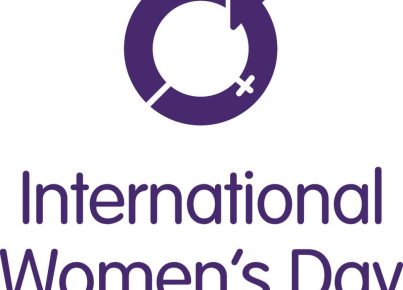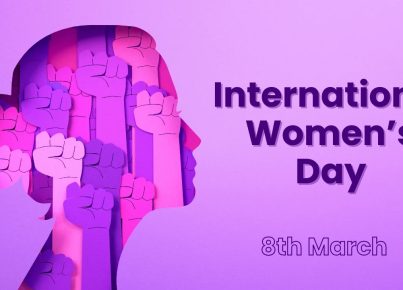Evolution is the principle of the universe and the education system is no exception. Thousands of years ago, in India the education was provided by the “GURUKUL” system. GURU means a teacher. The student used to go to the teacher’s place to learn everything from running a house to Sanskrit, Math, Metaphysics and Holy Scriptures and only the privileged used to get an opportunity. But as time passed by, the education became a necessity. To earn bread, one needs to be educated. In a world so competitive, the more qualified you are the better are your chances to get employed.
In the existing system, the child’s educational journey starts from the school. Well not exactly school but from the kindergarten to be precise. One can think of the kindergarten as a pre-school. The school is divided into 3 broad sub categories: Primary School, Secondary School and Senior Secondary School. Till the Secondary School the generic subjects are being taught like Science, Math, History, Languages and Moral Science and in the senior secondary school the child chooses a stream of his choice: Arts, Commerce, Non-Medical, and Medical. Both the private and the government schools follow a BOARD system which can be CBSE (Central Board of education system), ICSE (The Indian Certificate of secondary education) or State Boards. The board exams are conducted at the end of the secondary and senior secondary school. After the school the student opts for a college or a university for a specific subject related education. Here the student gets polished and is prepared for the professional world. However, Graduation is not the end. One can always go into the depth of the subject by enrolling for the Post-Graduation and then the PhD. Education has no end, there will always be something to learn.
Now the question is: Who provides education? The education is provided by two sectors in the Indian community: The Private Sector and The Government Sector. The government sector is governed by the state or the center government while the private bodies run the private schools and universities. Although the curriculum is similar in both the types of schools but there is a huge difference in the facilities provided. The private bodies have a higher fee structure and in return provide better facilities to the students like infrastructure, lab facilities, sports facilities, theatre rooms, music rooms etc. The government schools lacks funds so they often do not have fun and recreational activities for the children. The government schools also provide various types of reservations like reservation for the backward communities of the country, reservation for the students into sports, reservation for the families of the Indian army etc. There is also a system of scholarship which is provided by both the sectors: Private and Government, where the student who performs exceptionally well is offered a waiver of the fees.
Being a part of the Indian education, I wish we impart more practical knowledge to the students, so that the students are ready to face the real world. Our current system puts more efforts on the theoretical aspect of the studies. In my belief, the theories learnt when put to test leaves a better impression on the student. The bookish knowledge is not retained for longtime. But we cannot ignore the importance of the theory part. So there should be a balance of both. The essence of the Indian education is limited to the classroom education. Also the mindset of the people of a country plays a vital role in the life of the youth. For instance the Indian parents always wish there students to be engineers and doctors. And likewise our education system provides us a platform where there are more institutional bodies for the engineer and doctors and less for artists and sports person. Also, our system does not motivate children to pursue their passion until they complete their school. There should be student counselors in each school to guide the student towards their goals and show them the right paths. And students can be offered various after school classes of their interests which could fetch them some extra credits. Keeping aside all these points, we all would undoubtedly agree that Indian education has given the world very talented doctors, researchers, scientists, artists and sports person.
At last, an effective education system can help a child become knowledgeable rather than just being qualified. And the educational system is perpetually improving with the help of technology. The government focuses on educating all and hence provides free education to all the children in the age group of 6 to 14 years.



